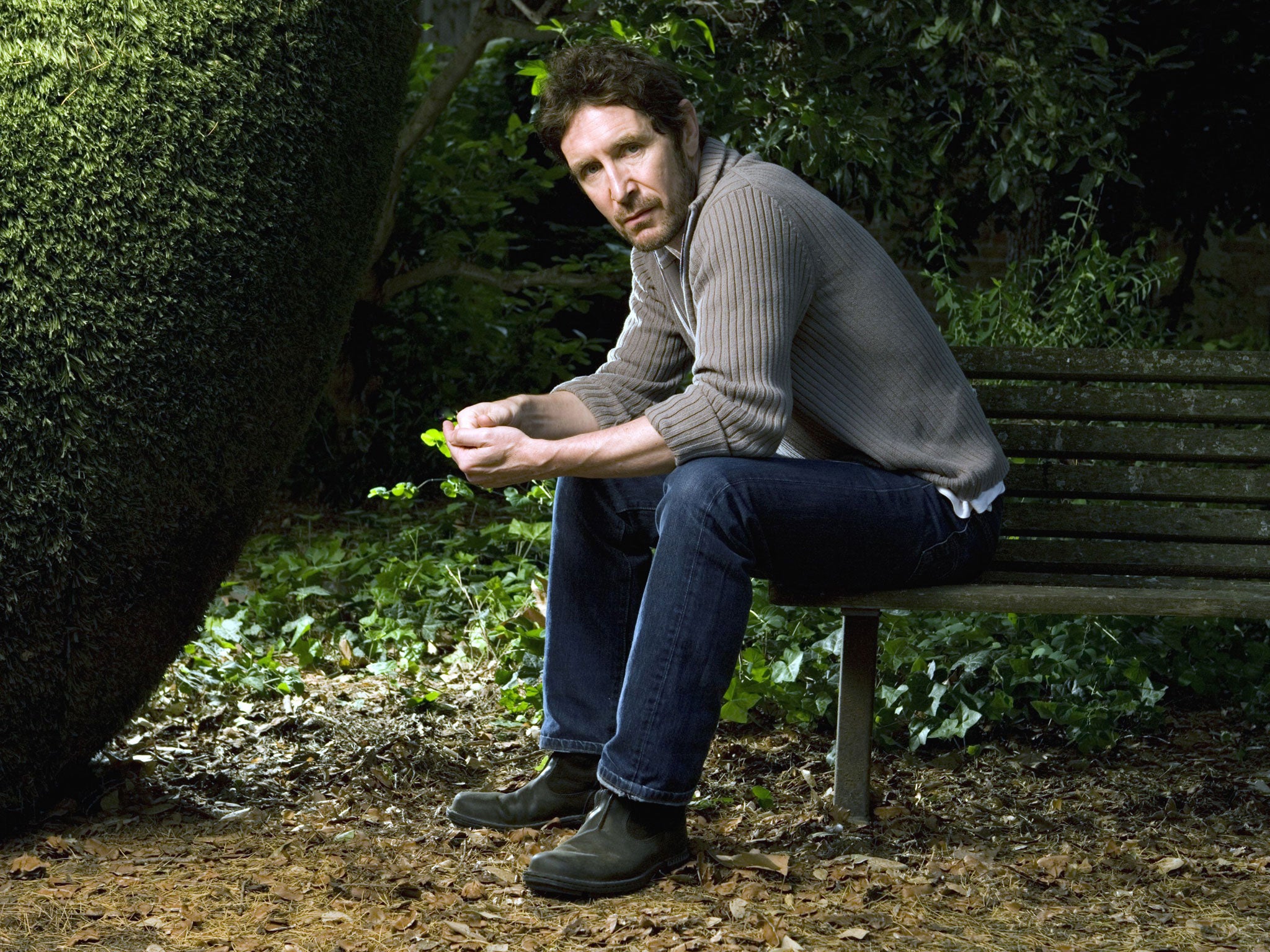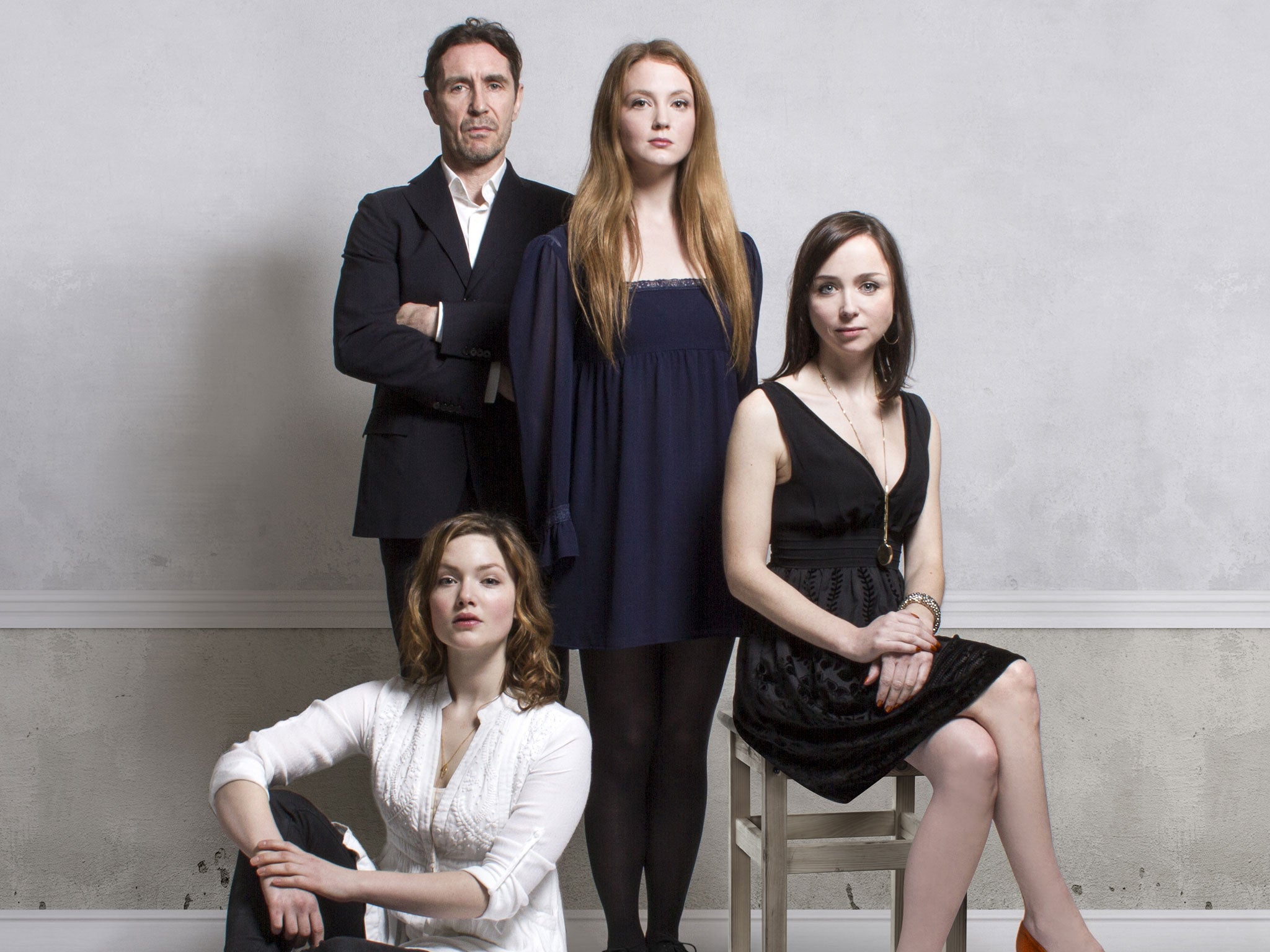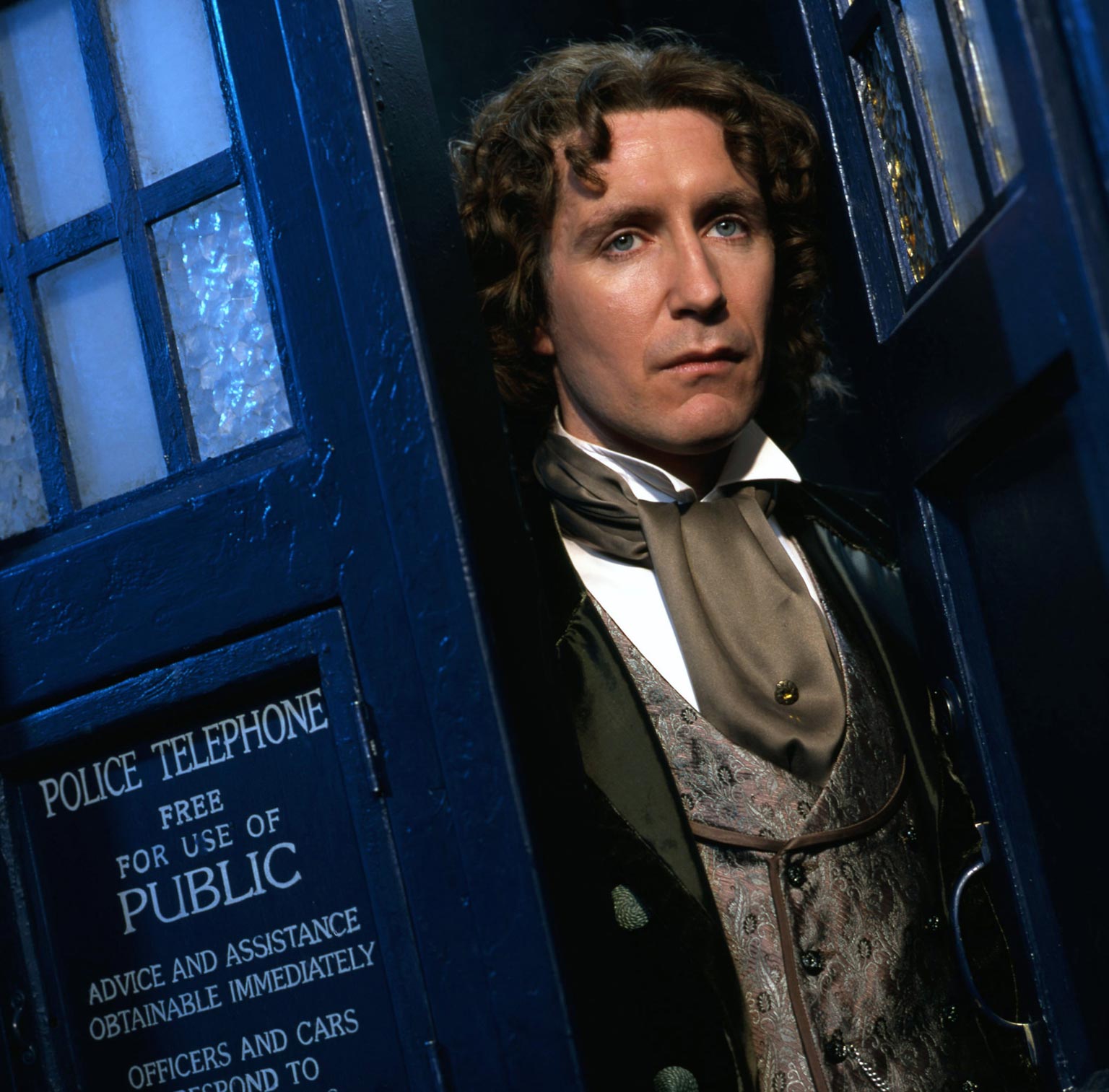Paul McGann, from Withnail and I to The Doctor and Chekhov: ‘Britain’s growing class divide denies hope to so many’
The actor on finding success, Chekhov and ‘The Monocled Mutineer’

Your support helps us to tell the story
From reproductive rights to climate change to Big Tech, The Independent is on the ground when the story is developing. Whether it's investigating the financials of Elon Musk's pro-Trump PAC or producing our latest documentary, 'The A Word', which shines a light on the American women fighting for reproductive rights, we know how important it is to parse out the facts from the messaging.
At such a critical moment in US history, we need reporters on the ground. Your donation allows us to keep sending journalists to speak to both sides of the story.
The Independent is trusted by Americans across the entire political spectrum. And unlike many other quality news outlets, we choose not to lock Americans out of our reporting and analysis with paywalls. We believe quality journalism should be available to everyone, paid for by those who can afford it.
Your support makes all the difference.Paul McGann is doing a superb impression of Emlyn Hughes, the late Liverpool and England footballer. McGann, a Scouser and life-long Liverpool supporter, has got old “Crazy Horse” – as Hughes was known – off to a T. He follows it with a perfect Bill Shankly, then a Tommy Smith. For a few minutes we’re transported back to the Merseyside childhood of the actor, who went on to be the star of Withnail and I and played the eighth incarnation of Doctor Who.
For McGann, and for me, it’s a diversion. We’re in a back room in Borough, south London, where the actor – also known to modern audiences for parts in TV’s Hornblower, Ripper Street, and Luther – is rehearsing Three Sisters.
But this is Chekhov with a difference. It’s an adaptation by Anya Reiss, and follows on from her acclaimed modern resetting of The Seagull, also at London’s Southwark Playhouse (it runs from 3 April to 3 May). McGann plays the talkative, idealistic Vershinin, except that the army officer does not do his romancing and homespun philosophising in the depths of the Russian countryside, but in Yemen. And the time is 2014, not 113 years ago. “It’s the present day and is all rather ingenious,” McGann says. “The original was based in an unspecified place, a thousand miles from Moscow. Here, he is in Yemen, and pining for London.”
Why Yemen? “We decided by consensus that it felt like Yemen. It’s on the edge, just where you would expect today to find a defence attaché with other expats.”
He’d like to see more plays brought up to date. “How often have you gone to the theatre, and thought: ‘I don’t believe that’s your bed and you sleep in it’? It all looks too twee and unreal. We need to make it more accessible and to appeal to kids. We need to go the whole hog more often.”
There’s an endearing humility about McGann. The 54-year-old has had credits galore, is instantly recognisable to millions, yet he is not fazed. His first major part was in the BBC television serial, The Monocled Mutineer, in 1986. He played the British deserter and criminal Percy Toplis, and the narrative centred on the mutiny at the “Bull Ring”, a British army training ground in Etaples, France, in 1917.
The drama proved hugely controversial as Mrs Thatcher’s government accused the BBC of rewriting history and displaying left-wing bias. Questions were raised in the Commons. It has never been rebroadcast.
“They were mad days. The unions and the left were doing their thing, Mrs Thatcher was in power, it was all crazy. The BBC in particular was getting a lot of stick from the Tories. It was the second or third time Mrs Thatcher had a go at them. She went for the Today programme as well.”
What especially riled the Tories were the adverts for The Monocled Mutineer, showing McGann, and a statement claiming it to be historical fact which turned out to be wrong. “Those ads weren’t the BBC’s finest,” McGann says. “Overall, I was amazed and amused by it. I was just a kid, really, but I felt very relevant.”

It was though, he muses, a case of “the same old, same old from a Conservative government about perceived political bias”.
What’s depressing, as well, he says, is “the row occurred 30 years ago. Today’s BBC does not raise anybody’s hackles. Back then we had Alan Bleasdale [he wrote The Monocled Mutineer], Dennis Potter... We had regular dramas that weren’t just crime thrillers. We had Play for Today. Now the BBC is full of repeats – it’s just not that vital.”
At that time McGann did “a lot of BBC stuff. We all did. We felt we were part of something important”. It’s funny, he says: “I remember thinking I never want to be one of those old hams forever moaning about how good it was for me, so I’ve got to be careful.” But he can’t stop himself. “It’s true. Things aren’t the same. The accountants took over.”
That lack of daring has extended to auditions. “The Monocled Mutineer was directed by the late, great Jim O’Brien. I got the part because I sat in a room with him for an hour and we just chatted. Nowadays you have to send in a reel of yourself.” He pauses and shrugs. “I struggle with it. I come across as serious rather than off-the-cuff.” He grimaces: “We’re all having to practise selfies all day long to try to get parts.”
Another aspect of this shift is that “the class divide is even stronger today. I wouldn’t get a start today. There’d be no grant money, no place at Rada for the likes of me.”
As in other walks of life, the top of his profession is heavily occupied by Old Etonians. While he professes to liking many of the ones he’s come across, McGann observes: “We seem to have stepped back as a country. Do people want that? Maybe they do, maybe deep down there is something in the British psyche that we believe we’re better led by blue bloods, that they’re the natural officers. It must be something like that, because otherwise, why do we keep returning to the same class of people to lead us?”
He’s not smiling now. “By definition, we’re denying openings to generations, to the children of half of the population; we’re denying chances for all that talent to flourish. Me, my brothers [he’s got three brothers, all of them actors], we would struggle to get started. It’s 10 times harder today. We’re denying so much hope to so many people.”

One of the problems, as he sees it, is that the arts is not high on the Government’s agenda. “It’s among the least of their concerns. So it’s left to actors and theatre people to moan about the lack of opportunity. But that argument quickly becomes redundant – it’s all part of a greater malaise.”
He is best remembered for Withnail and I, about two young, unemployed actors living in a dump in north London, in which he was the eponymous “I”.
“I loved doing it,” he says. “I’ve hardly ever seen it since – but I did watch a beautiful new print of it at the Bristol Old Vic recently. It amazes me how many people love it, but how few of them have actually seen it on the big screen.”
Withnail appeals “because there is something believable about it. Everybody knows someone like that, or they’ve met a fantastically talented person who turns out to be a waster or they’ve lived like that, in a shit hole away from home. Fundamentally, it’s about being students, which a lot of people can relate to.”
He adds: “It’s really a story of a marriage, which is what Three Sisters is also about, except that in Withnail they’re not staring out of the window and whining about ducks flying to Moscow. And they’re not in our new up-to-date production either, thank goodness.”
He still gets a buzz out of treading the boards night after night. “Often, you can go on stage, in London and elsewhere, and the audience is not that exciting. But then you notice, there’s always some kid, my son, completely there for it, totally engrossed. And that’s brilliant.”
He grins. The rehearsal is about to restart. Paul McGann is doing what he likes best.
LIFE IN BRIEF
Born: Liverpool, 1959
Education: Cardinal Allen Grammar School; Rada
Family: Previously married to Annie Milner 1992-2006 (divorced), two sons
Career highlights: ‘Withnail and I’; ‘The Monocled Mutineer’; eighth Doctor Who
Career low: Injured leg playing football, filming ‘Sharpe’s Rifles’. Replaced by Sean Bean
Join our commenting forum
Join thought-provoking conversations, follow other Independent readers and see their replies
Comments